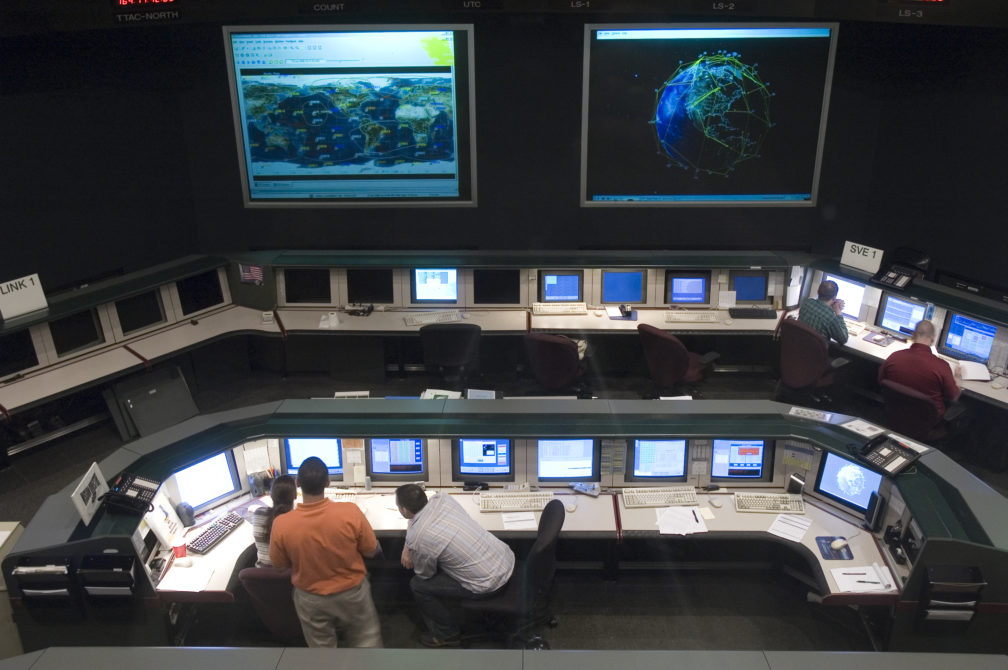Iridium Communications, a McLean, Va.–based developer of a mobile voice and data satellite communications network, recently completed a $3 billion satellite constellation upgrade campaign. The company is calling the campaign Iridium NEXT, after activating the final two satellites on Feb. 5 needed to complete the network. It ends a decade-long upgrade process both in space and on the ground.
Iridium held a press conference at the National Press Club on Tuesday, Feb. 6, to announce that the constellation now features 66 satellites, with no further launches planned.
“This is the realization of a long, successful climb, and reaching the peak, it’s gratifying to know the future of the company is secure, and we have now financially matured as a satellite operator,” Iridium CEO Matt Desch said in a statement. “Huge thanks are in order to our entire team, particularly our friends at SpaceX and our prime satellite manufacturer Thales Alenia Space and their teams.”
The Iridium satellite network is comprised of 66 crosslinked satellites that create a web of coverage around the entire planet, enabling real-time transit of data to and from any location on the globe without the need for abundant ground stations and allows it to maintain consistent, high-quality coverage, including over the oceans and polar regions, the company said in a press release. The upgrade campaign was first announced in 2010 and now the constellation allows new services like the Aireon global aircraft tracking and surveillance system and Iridium Certus, a broadband service that launched to the public in January.
Since its launch, the campaign featured eight launches with SpaceX. In total, 81 satellites were built by prime contractor Thales Alenia Space, of which 75 were launched, with 66 in the operational constellation and nine serving as on-orbit spares, the company said in a press release.
“Two years after the first launch, Iridium NEXT, one of the most sophisticated communication systems in the world, is now totally deployed and fully operational. All the satellites are interconnected, and we have ensured a continuity of service without any interruption,” Jean-Loic Galle, CEO of Thales Alenia Space said in a statement.
Iridium also announced its Certus 9770 transceiver at the press conference, a device that equips applications and devices made with it faster speed to send data in the range of less than 100kbps. The company said this will be the first in a series of new devices as it expands into areas such as broadband, IoT and hosted payloads. After spending several hundred million dollars a year to build and deploy the network, Iridium said it now expects capital costs to decrease to approximately $35 million a year, with revenue coming from its new products.
Iridium will share the Certus 9770 transceiver with selected licensed manufacturers around mid 2019.







